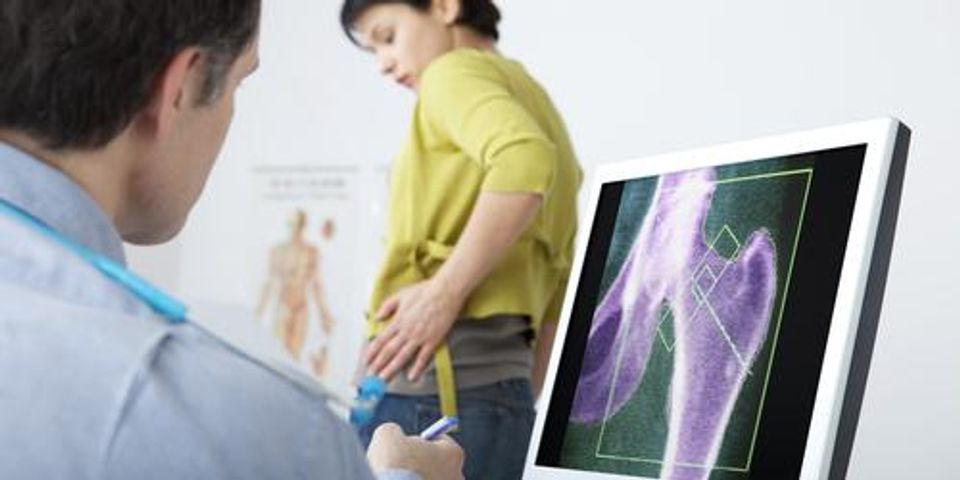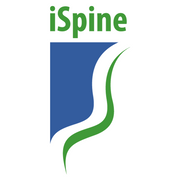
Millions of people around the world suffer from chronic hip pain, and Twin Cities’ iSpine Pain Physicians wants to help decrease that number. The first step, their board-certified staff explains, is helping patients identify what exactly is causing their symptoms. There are a variety of possibilities, the most probable being some type of pelvic injury.
Here, iSpine’s chronic pain management specialists discuss three injuries that most commonly result in hip pain:
- Labral Tears: The labrum is a ring of cartilage surrounding socket of your hip joint that provides both support and stability. Chronic conditions like hip flexor tendonitis as well as acute trauma from sports injuries, falls or accidents put stress on this structure, sometimes causing it to tear. For chronic pain relief, iSpine recommends individuals with labral tears receive nerve blocks or cortisone injections to not only relieve their symptoms but also reduce the swelling and help the cartilage heal.

- Hip Fractures: Two types of fractures can result in hip pain. The first, a traditional fracture, refers to a complete or partial break in the upper quarter of the femur. They are most common in elderly patients with restricted mobility or osteoporosis. A stress fracture, on the other hand, refers to a tiny crack on the thighbone. This second type often affects athletes in high-impact sports, such as cross-country runners.
- Muscle Strains: While sports do put you at a higher risk, you don’t need to be an athlete to experience chronic hip pain. In fact, even simple activities like cleaning the house or shoveling snow can strain your hip muscles, causing discomfort. Strains are typically the least severe of the injuries on this list but should still be treated early on to prevent further damage.
If you’re at all unsure of what is causing your hip pain, visit the chronic pain management specialists at iSpine Pain Physicians. After a thorough examination of your symptoms, they will not only pinpoint the source of your discomfort but also help you determine the appropriate treatment plan. Call them today at (763) 201-8191 to schedule an appointment. To learn more about their services and how they can help you achieve chronic pain relief, visit their website.
About the Business
Have a question? Ask the experts!
Send your question

